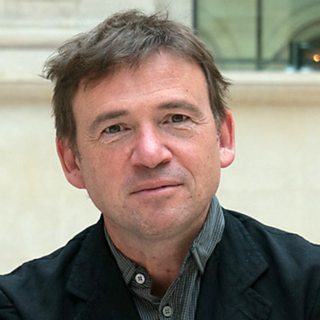David Nicholls is well-known for his novels including Starter for Ten and One Day. He is also a screenwriter with credits including the adaptation of Patrick Melrose. He introduces the adaptation of his own novel, Us, for 91�ȱ� One which begins on Sunday 20th September 2020 with all 4 episodes available as a 91�ȱ� iPlayer boxset.
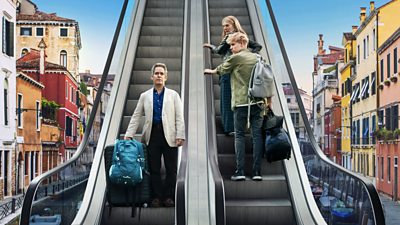
We're bringing back our podcast where all the questions come from you! And we're delighted the next guest is David Nicholls, writer of Us, One Day, Starter for 10 and much more. The podcast will be published very soon.
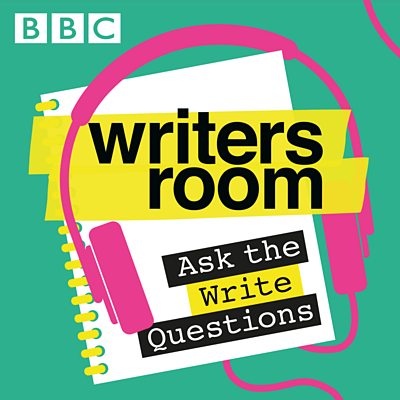
Often a story is a response to the one you've just told. My novel ‘’ was about the beginnings of a relationship - will they, won’t they get together? '’ asked what comes next? Once the obstacles are overcome, how do a couple negotiate the long haul of marriage? In most love stories, this is where the screen fades to black but what if you keep watching and perhaps add a child or two?
So ‘Us’ is about marriage and family life and what happens when romantic love fades, or at least turns into something else. In most marriage stories, this means infidelity but I wanted to write about a husband who wouldn’t dream of such a thing, who is in fact so devoted to the idea of ‘us’ - of holding his family together - that he sends them all flying apart, in this case to either ends of a continent.
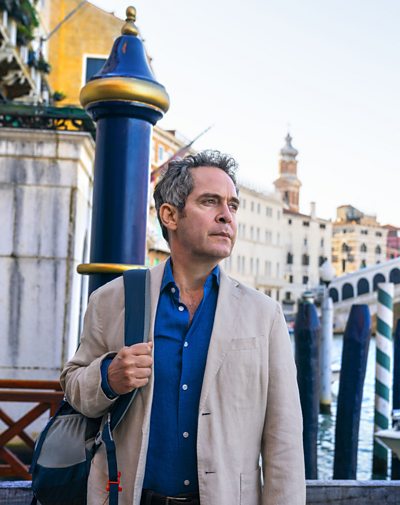
It took a long time to get the novel right. Marriage demands a different kind of love story, one that incorporates frustration, irritation, miscommunication, boredom, rage and regret - and where’s the comedy in that? Then there’s the tricky business of parenthood, and father/son relationships in particular. Perhaps someone finds this relationship relaxed and straightforward but I’ve not met them yet.
The breakthrough in writing the novel came with finding Douglas’s own voice - pedantic, pompous, sometimes witty, sometimes maddening, scornful of ‘emotional intelligence’ but full of a suppressed passion and love that he struggles to communicate.
The greatest loss a novelist has to face up to when adapting for the screen is the loss of that inner-monologue, the emotions and ideas the character thinks and feels but can’t or won't say out loud. But the great plus of adaptation is that Douglas now has a face and a voice, and I couldn’t be happier with 's magnificent performance. The pedantry is still there, the repressed emotion, the desire for things to be right, but he’s warm and funny and decent too. Similarly, gives Connie wit and compassion, beautifully expressing the confusion of someone torn between love for their husband and frustration at the limits of the life they're leading. has all of Albie’s maddening cynicism, idealism, confusion, the swagger that conceals confusion and self-doubt. and bring a lovely charm and freshness to Douglas and Connie in their early days, and brings wonderful warmth and intelligence to the Freja, the stranger who threatens to derail Douglas's mission.
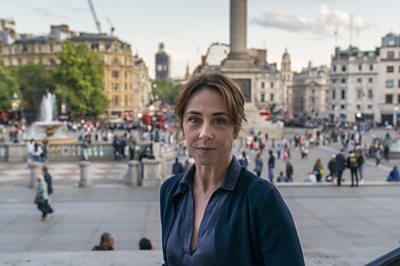
'Us' was originally conceived as a road-movie in novel form, a holiday that turns into a quest through some of the greatest cities in the world, and some of the greatest museums too. But words on the page aren't subject to schedules and budgets, and the endlessly shifting settings of 'Us' are an organisational nightmare for TV production; all those hotel receptions and wary art galleries, the crowded tourist sites, dawn starts and finishes; few words are more chilling for a production team than 'Exterior. Venice. Night'. But I'm delighted with the way in which producer , director and their team have captured Europe on film, not just the beauty of these places, but the frustration, the sweat and stress of constant movement. The Petersens are not relaxed travellers and if something can go wrong, it will, but 'Us' is a love-letter to Europe too, and I hope we've captured that on screen.
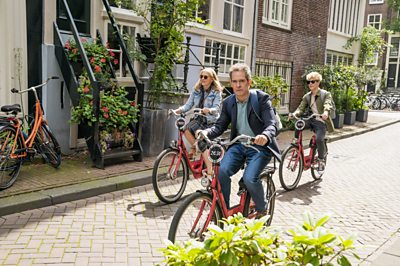
Family stories are hard to tell on screen. Without the twists and turns of the thriller, the medical drama or whodunit, events have to turn on a look, a smile, an ill-judged joke or misunderstanding. Despite the grandeur of the backdrop, it's a chamber-piece, often a two- or three-hander, about a family facing the possibility of life apart. Yes, it's about regret and loss and the spectre of loneliness but I hope we've made something funny and uplifting too, something emotional and affecting that will have viewers recognising themselves and those around them, as one of 'Us'.
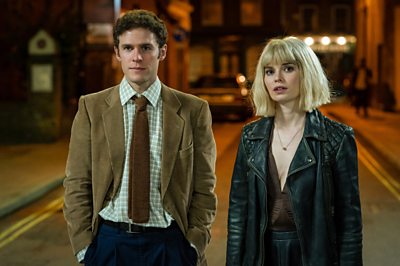
I was before I was a novelist so I had some idea of the differences between the two mediums. So for example, what works well on screen and what doesn’t translate quite so well and the sacrifices you have to make when you adapt a book. It’s very hard to adapt your own work; it’s hard to be as ruthless and clear sighted as you need to be. You need to be remorseless really. Even a slim novel needs to be restricted when expanded on screen which was the hardest element. At the same time, I knew the book very well, was very proud of the novel and I felt I’d spent a lot of time in the characters' heads to do it well. When you write a book, you have a very straightforward access to what characters think and feel. When you write a script, you have to focus on what the characters do and say so you lose a lot of the internal monologue, a lot of observations; similes and metaphors and you are left with action and dialogue which can be quite startling. However making that transformation is also fascinating and I’ve done it several times. It’s a mixture of maddening and stimulating. It’s something I learn from every time.
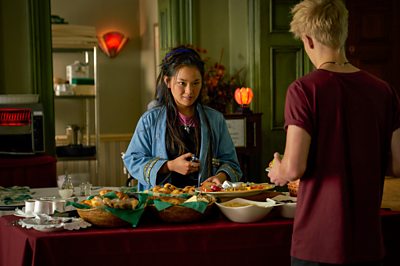
I always thought that this would be a tricky book to adapt as it’s told from one character’s point of view and it’s very much in his head. At the same time, there’s something about it which is very cinematic; it’s a road movie, a journey through the physical spaces of Europe but also a journey of a twenty year marriage through flashbacks. The novel is written through a series of very short scenes and I wanted to try and convey what it’s like to go through this journey and on screen, you can relish and enjoy. You can see these amazing cities; the art galleries and show them both at their picturesque best and show the frustration, awkwardness and sometimes farce of travel.
